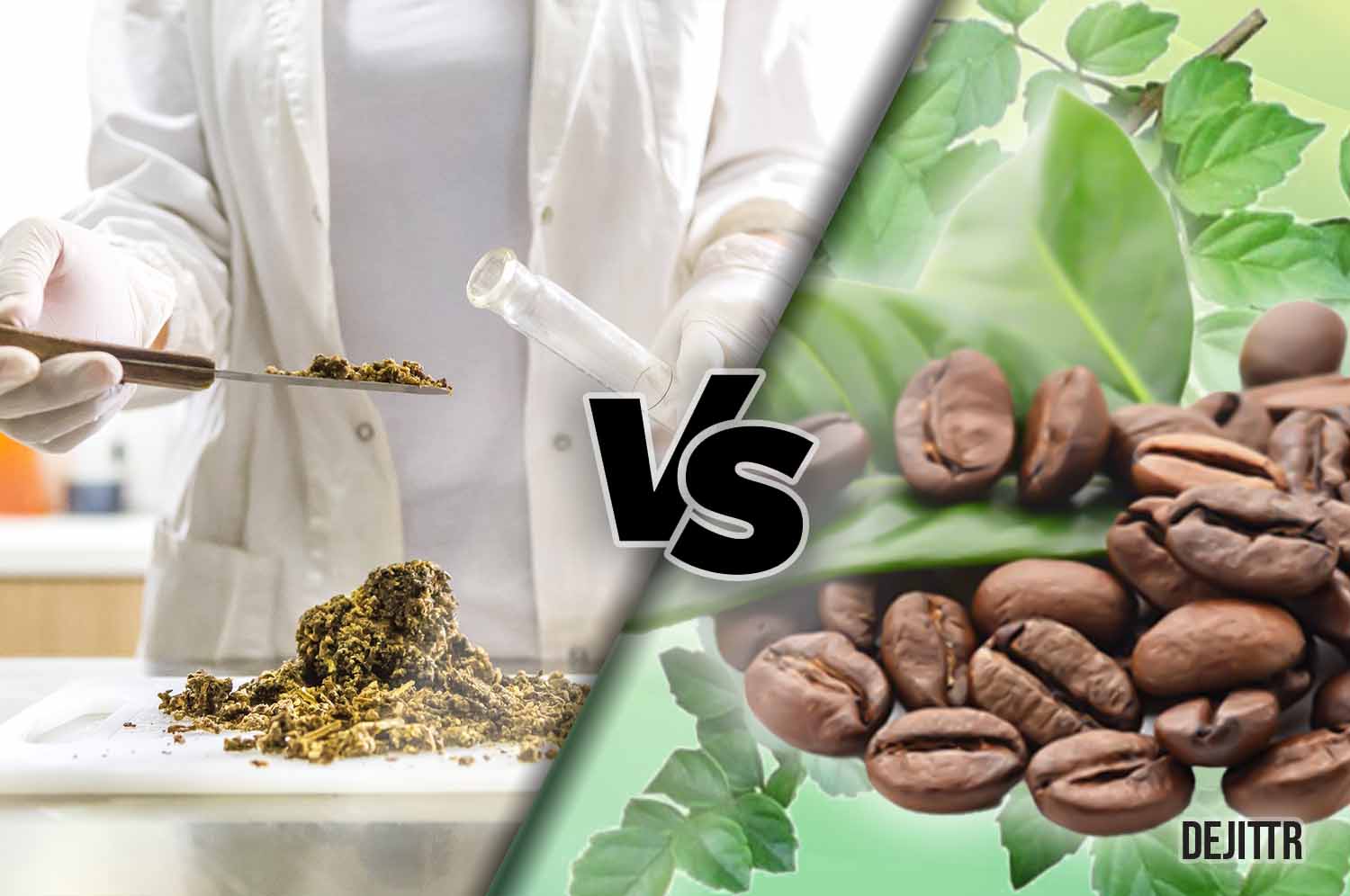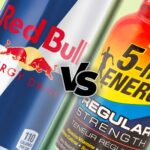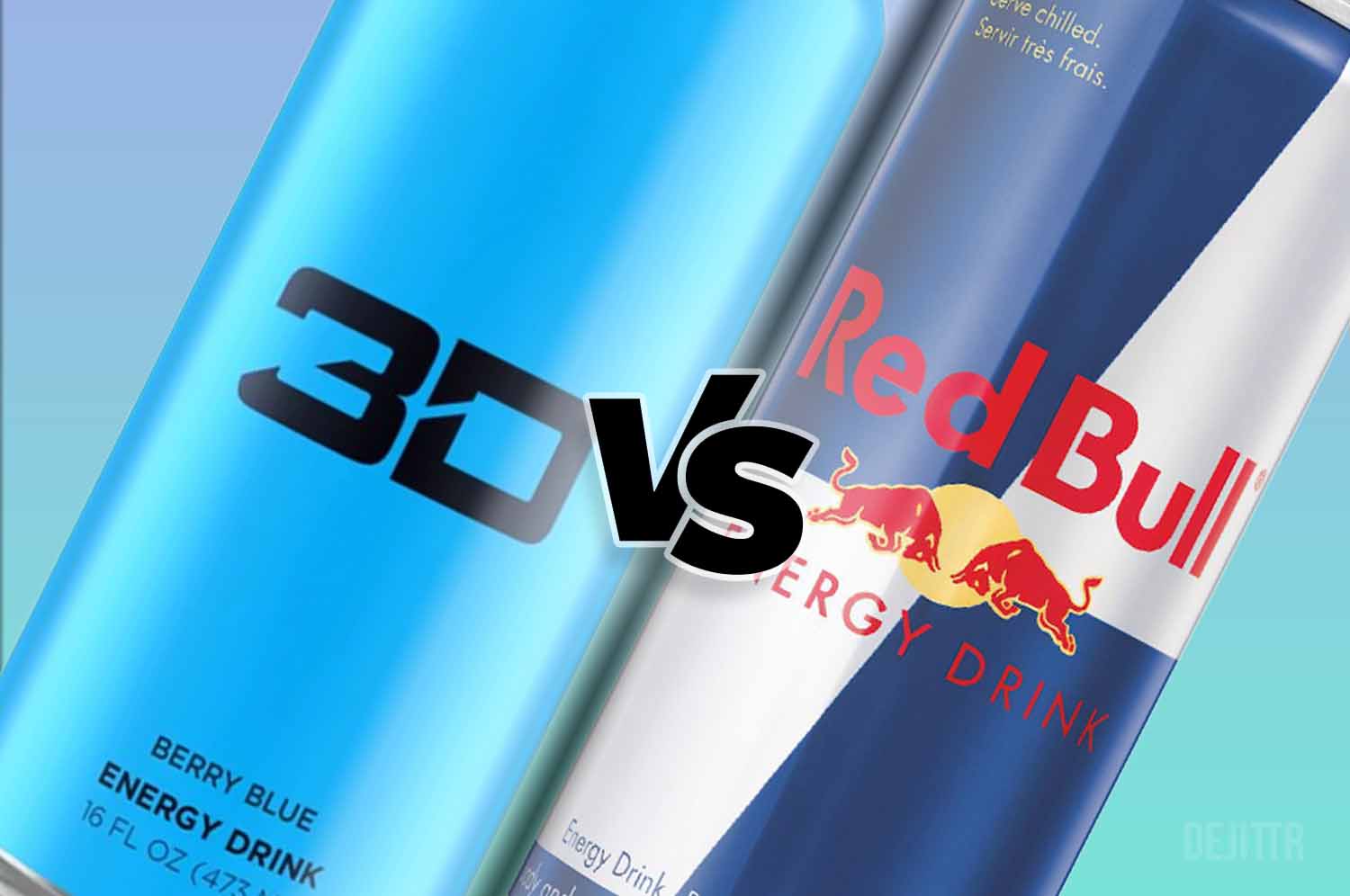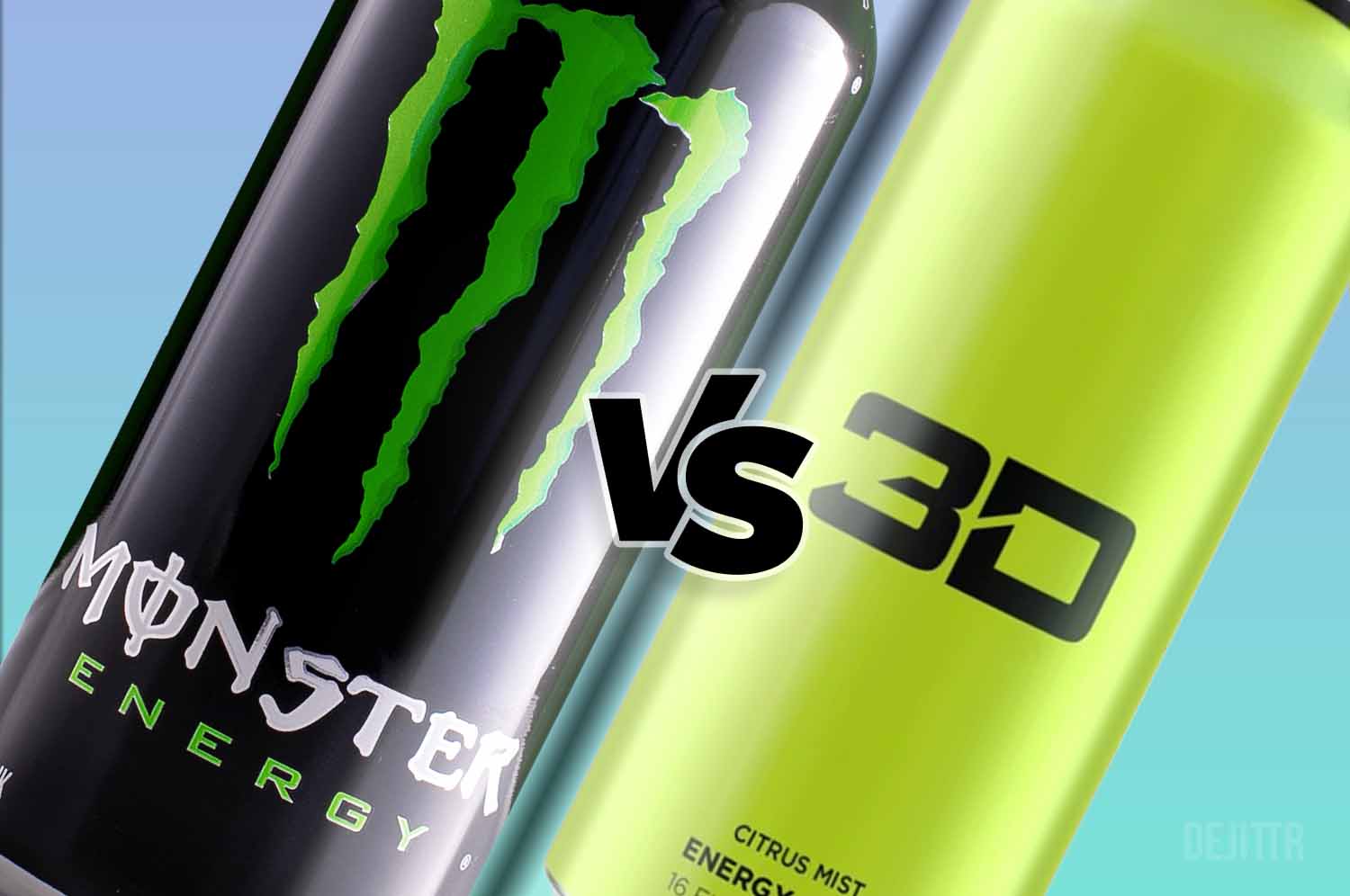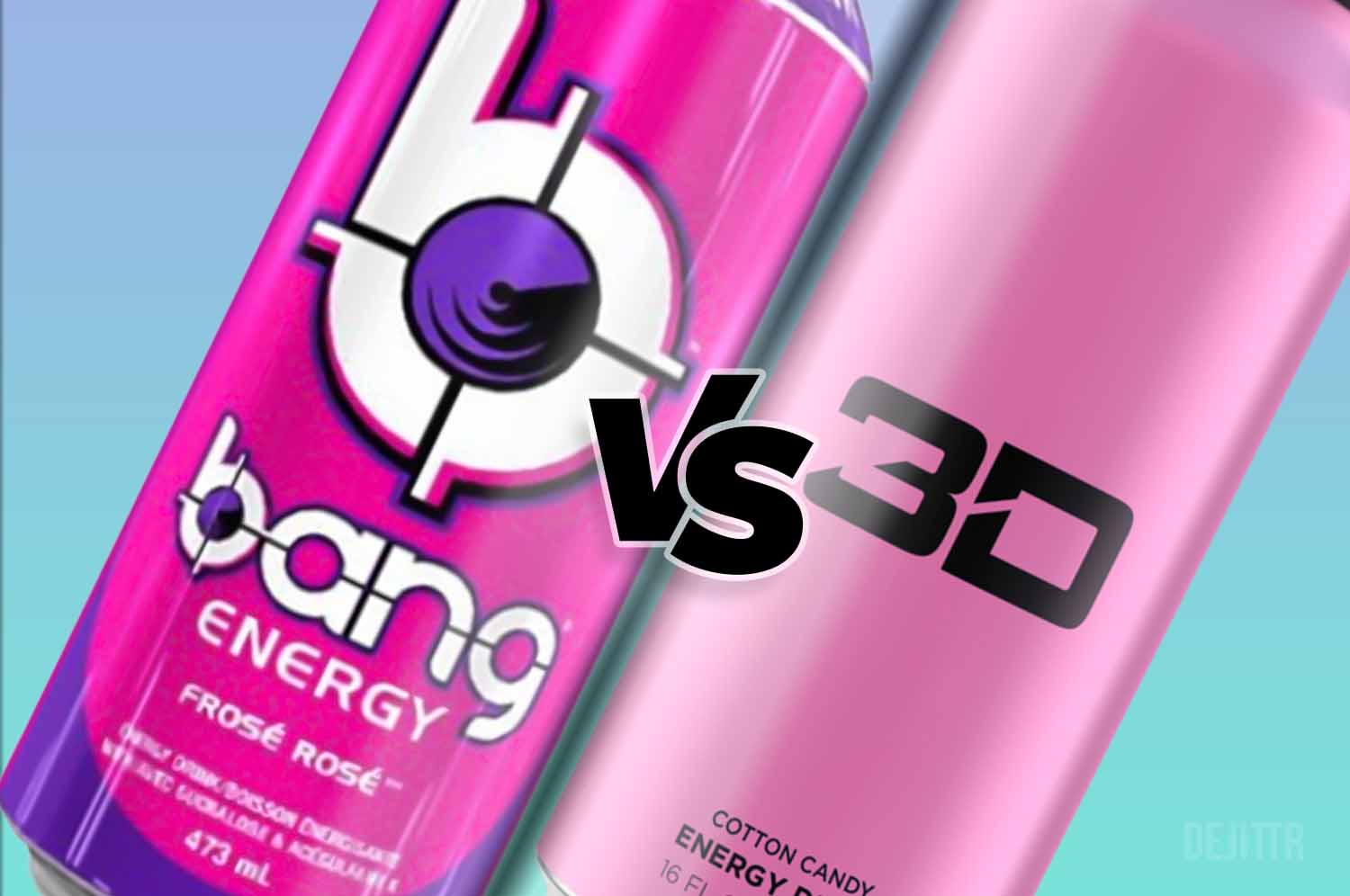Caffeine is the most consumed stimulant in the world, being one of the most studied ingredients in the elaboration of food.
It acts in the brain and in the central nervous system, helping to stay awake or to avoid the appearance of tiredness.
Key Takeaways:
Although synthetic caffeine acts similarly to natural caffeine in our body, natural sources provide a more significant nutritional advantage since they provide other substances that favor general health and tend to have lower levels of potentially harmful compounds.
How does synthetic caffeine differ from natural caffeine?
Synthetic caffeine differs from natural caffeine because it is produced in a laboratory, while natural caffeine is found in nature, in the seeds and leaves of many plants.
Is synthetic caffeine stronger than natural caffeine?
Caffeine acts by blocking the adenosine receptors in the brain, whose function is to relax the brain making it feel tired, therefore, when the adenosine receptors are blocked by caffeine, it prevents the brain from realizing that it is tired. This is why caffeine helps combat drowsiness and keep you alert.
Synthetic and natural caffeine act similarly in the body, although there is very little research on this subject.
According to a study by Krieger et al (2016), in which they compared the effects of caffeine on neurotransmitters at a dose of 200mg, using green coffee extracts and guayusa leaf extract with a synthetic caffeine control, it was shown that natural caffeine extracts behaved similarly to synthetic caffeine
Some believe that more research is needed and that since the effects of caffeine are dose-dependent, more studies are needed comparing synthetic and natural sources of caffeine at different doses.
Which is healthier?
Often, foods containing synthetic caffeine also contain other compounds that can affect health if too much is consumed as in the case of soft drinks containing large amounts of processed sugar.
Therefore, foods containing caffeine from a natural source such as coffee or green tea are usually more nutritious and healthier because, in addition to caffeine, they provide other nutrients such as magnesium, potassium, manganese, phosphorus, and some B vitamins, as well as antioxidant substances.
Although caffeine consumption is considered safe, it is not recommended to ingest doses higher than 400 mg per day in adults, since it can lead to unwanted symptoms.
In addition, the duration of caffeine in our body is approximately 5 hours in the average adult, however, there are some factors that may influence its duration, as in the case of smokers, pregnant women, children, and adolescents.
In the case of pregnant women, it is recommended to limit the consumption of caffeine between 100 to 200 mg per day, and many even suggest that the ideal is to avoid it completely, since caffeine can cross the placenta and reach the fetus, so there is great concern about the effects that caffeine can have on the developing fetus.
Where does natural caffeine come from?
Natural caffeine is produced naturally in the leaves and seeds of many plants such as coffee beans, cocoa beans, kola nuts, tea leaves, yerba mate, and the guarana berry.
Being naturally found in the leaves and seeds, these plants are harvested and subsequently processed to produce caffeinated foods and beverages such as coffee, tea, and chocolate.
How is synthetic caffeine produced?
Synthetic caffeine is produced in a laboratory from urea and chloroacetic acid, which have the same stimulant effects. Furthermore, its chemical structure is almost indistinguishable from that of natural caffeine.
It is generally added as an additive to packaged foods and beverages such as soft drinks, juices, chewing gums, candies, and energy drinks.
However, synthetic caffeine can also be added to non-food products such as analgesics, facial creams, make-up, and other cosmetics.
Which beverages contain natural caffeine?
The most consumed beverages in which caffeine is found naturally:
- Coffee: espresso, filtered and in less quantity in decaffeinated coffee.
- Tea: black, green, oolong, white, yerba mate, and matcha.
- Hot chocolate or milk chocolate.
The concentration of caffeine in these beverages may vary according to the variety of the plant, environmental conditions, or the processing method.
List of some natural energy drinks
Most sources of caffeine in energy drinks come synthetically, so if you want to get it from a natural source, here are some recommendations:
- Guru gets its natural caffeine source from green tea leaf extracts and guarana seed extracts. It provides 100 mg of caffeine.
- True North Energy Seltzer gets its natural caffeine source from green tea extract, guayusa extract, and green coffee. Contains 120 mg of caffeine.
- Celsius gets its natural caffeine from green tea extract and guarana extract.
- Zevia contains 120 mg of natural caffeine, which it obtains from tea extracts.
- Nuun gets its caffeine source from green tea extracts providing 80 mg of caffeine.
List of the best brands of coffee
Regarding the types of coffee, there are many options and varieties, however, the most used coffee beans are: Robusta and Arabica, whose flavors are different.
If you are a great coffee lover, these are some of the best recommendations:
- Coffee Kona this brand of coffee comes from Hawaii, and the bean variety is Arabica. It is known for its sweet and fruity flavor with hints of dried fruits and a soft aroma.
- Coffee Volcanic the Blue Mountain Jamaica version of this brand has a smooth aroma with a sweet and fruity herbal flavor. The bean variety of this coffee is Arabica and comes from Jamaica.
- Death Wish Coffee the bean variety of this brand is a blend between Arabica and Robusta with a strong nutty flavor and aroma.
- Java House coffee beans from Kenya are among the best in the world and are of the arabica type. It has a sweet flavor and a floral aroma.
- Volcanic Ethiopian coffee beans from Yirgacheffe are Arabica and are characterized by a light fruity and floral flavor with an earthy aroma.
Generally, coffee has a higher concentration of caffeine in comparison with other beverages such as tea.
It is estimated that an average cup of coffee can contain approximately 95 mg of caffeine, which can vary according to the type of coffee bean, the roasting style, how the coffee is prepared, and the size of the portion.
Other products with natural caffeine
- Chocolate is a sweet that is related to improving mood and energy, this may be because it contains caffeine, which is found naturally in cocoa beans.
The darker the chocolate, the higher the caffeine content due to a higher amount of cocoa solids.
As for white chocolate, it does not contain caffeine since it is made with cocoa butter.
- Kombucha is a fermented tea beverage that has gained popularity today for its health benefits. Its source of natural caffeine is obtained from green tea or black tea.
The caffeine content varies since not all varieties have the same amount of caffeine, and the steeping time of the tea and the fermentation time used also have an influence.
- White Tea is a type of green tea that is harvested from young tea leaves, these buds have small white hairs, hence its name.
This tea is estimated to contain 15% less caffeine than traditional green tea.
- Shampoo there are many claims that caffeine can have benefits for the hair, such as helping to combat hair loss by helping to improve hair growth.
Terez&Honor Anti-Hair shampoo is an all-natural brand that contains caffeine.
Although caffeine is usually added to cosmetics in its synthetic form, there are brands that obtain it from natural sources as in the case of Terez&Honor, since its line of cosmetics is based on natural cosmetics.
- Leptigen is a weight loss supplement designed to increase metabolism and facilitate fat burning. Among its ingredients, it contains natural caffeine in a dose of 75 mg.
Caffeine is a common ingredient in weight loss supplements, as it contributes to increase metabolism and fat burning.
To conclude, historians suggest that the first indications of caffeine consumption were around 2737 BC, when a Chinese emperor boiled water with the leaves of a shrub, thus creating the first cup of tea. Later, around the 9th century, a shepherd began to eat wild coffee berries after observing that his goats had more energy after eating them, which gave rise to coffee.
In the late 1800s, caffeinated soft drinks such as Coca-Cola and later Pepsi-Cola emerged. The growing popularity of caffeinated soft drinks inspired the creation of energy drinks, which are very common today.
Nowadays, approximately 80% of the world’s population consumes a caffeinated product every day, and 90% of adults in North America consume caffeine daily. This popularity is due to the effects that caffeine has on both the mind and the body.
Therefore, despite the benefits that caffeine offers us, it is advisable not to consume very high doses that may cause undesirable side effects.
In addition, it will always be better to opt for natural sources as they provide a greater benefit thanks to the other nutrients that compose it.
Photo altered by dejittr.com | Photo attribution: Bee Naturalles


